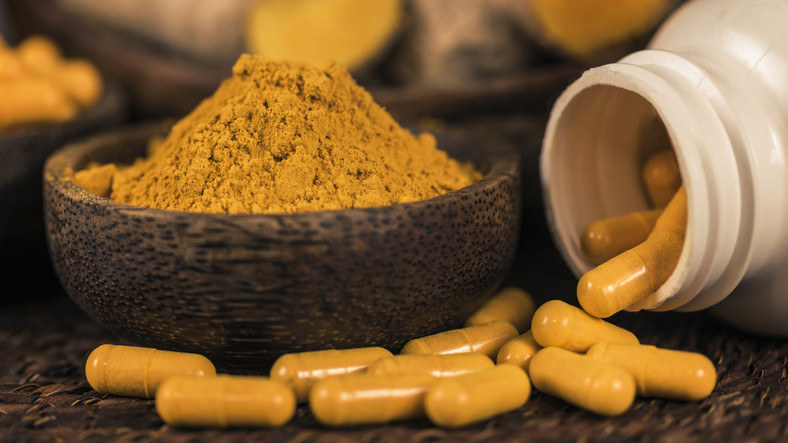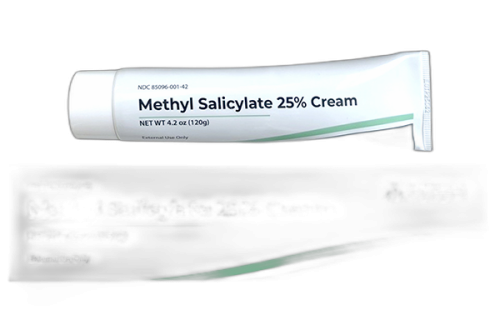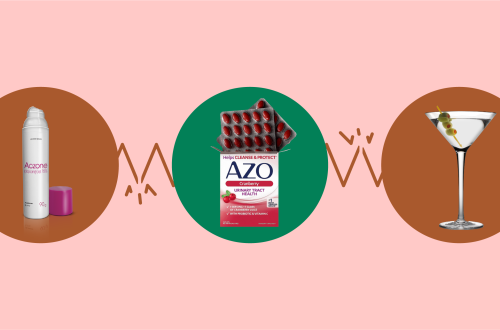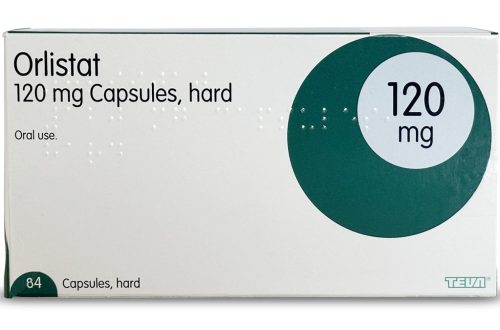Introduction
Arthritis affects millions worldwide, causing joint pain, stiffness, and reduced mobility. Beyond prescription medications and physical therapies, many people turn to dietary supplements in hopes of easing symptoms naturally. Among the most popular supplements for arthritis are glucosamine, chondroitin, and turmeric.
This article reviews the scientific evidence behind these supplements, how they may work, potential benefits, safety concerns, and recommendations for use.
1. Glucosamine
What Is Glucosamine?
Glucosamine is a naturally occurring compound found in healthy cartilage. It serves as a building block for glycosaminoglycans, which help maintain cartilage structure.
How Does Glucosamine Work?
The theory is that taking glucosamine supplements may:
- Support cartilage repair
- Slow cartilage degradation
- Reduce joint inflammation
Forms of Glucosamine
- Glucosamine sulfate (most studied)
- Glucosamine hydrochloride
- N-acetyl-glucosamine (less common)
Evidence of Effectiveness
- Several clinical trials have examined glucosamine’s effect on osteoarthritis (OA), especially of the knee.
- Some studies suggest modest pain relief and improved function.
- The GAIT trial (a large NIH-funded study) found glucosamine sulfate was effective in a subgroup of patients with moderate-to-severe knee pain.
- Other trials have shown no significant benefit compared to placebo.
- Evidence is inconsistent regarding slowing cartilage loss.
Safety
- Generally well-tolerated.
- Possible side effects: nausea, diarrhea, heartburn.
- Patients allergic to shellfish should be cautious as glucosamine is often derived from shellfish.
2. Chondroitin
What Is Chondroitin?
Chondroitin sulfate is a major component of cartilage, providing elasticity and inhibiting enzymes that break down cartilage.
How Does Chondroitin Work?
It is believed to:
- Reduce cartilage breakdown
- Promote cartilage repair
- Reduce inflammation
Evidence of Effectiveness
- Some clinical trials show moderate pain relief and improved joint function in knee OA patients.
- Meta-analyses indicate chondroitin may be better than placebo in reducing pain and improving function but with small effect sizes.
- Like glucosamine, results are mixed across studies.
- Combining glucosamine and chondroitin does not consistently show superior benefits over either alone.
Safety
- Well tolerated.
- Mild side effects may include stomach upset.
- No major safety concerns.
3. Turmeric (Curcumin)
What Is Turmeric?
Turmeric is a spice derived from the root of Curcuma longa. Its active compound, curcumin, has anti-inflammatory and antioxidant properties.
How Does Turmeric Work?
- Curcumin inhibits inflammatory pathways such as NF-kB and COX-2.
- It reduces production of pro-inflammatory cytokines implicated in arthritis.
Evidence of Effectiveness
- Several studies suggest turmeric/curcumin supplements may reduce pain and improve function in OA.
- Meta-analyses report turmeric can be as effective as NSAIDs in reducing arthritis pain with fewer side effects.
- Evidence is stronger for OA than for rheumatoid arthritis.
- Bioavailability of curcumin is low, so formulations often include piperine (black pepper extract) to enhance absorption.
Safety
- Generally safe at recommended doses.
- Possible side effects: gastrointestinal upset, nausea.
- High doses may affect blood clotting and interact with some medications (e.g., blood thinners).
Comparing Glucosamine, Chondroitin, and Turmeric
| Supplement | Pain Relief | Functional Improvement | Disease Modification | Safety Profile | Evidence Strength |
| Glucosamine | Modest, mixed | Some improvement | Unclear | Well tolerated | Moderate (better in subgroups) |
| Chondroitin | Moderate, mixed | Some improvement | Unclear | Well tolerated | Moderate |
| Turmeric | Moderate to good | Improves function | Anti-inflammatory | Generally safe | Growing evidence, good for OA |
Other Considerations
- Supplements are not regulated as strictly as medications; quality can vary between brands.
- Effects may take several weeks to months to become noticeable.
- Supplements should not replace prescribed arthritis medications without consulting a healthcare provider.
- Some supplements may interact with medications or medical conditions—always discuss with your doctor.
Recommendations for Use
- Consult your healthcare provider before starting any supplement.
- Choose products with third-party testing or certification for quality.
- Follow recommended dosages; avoid megadoses.
- Monitor symptoms and report any side effects.
Conclusion
Glucosamine, chondroitin, and turmeric are popular supplements for arthritis that may provide modest pain relief and functional benefits, particularly for osteoarthritis. Turmeric also offers promising anti-inflammatory effects.
However, scientific evidence is mixed, and individual responses vary. Supplements should be used as part of a comprehensive arthritis management plan that includes medications, physical therapy, exercise, and lifestyle changes.
Future high-quality research will help clarify their role in arthritis care. Meanwhile, patients should approach supplements cautiously and in consultation with their healthcare providers.
FAQs:
Do glucosamine and chondroitin relieve arthritis pain?
They may provide modest pain relief and improve joint function, but results vary between individuals.
Is turmeric effective for arthritis inflammation?
Yes, turmeric’s active compound curcumin has anti-inflammatory effects and may reduce arthritis pain.
Are these supplements safe to take long-term?
Generally, yes, but it’s best to consult your doctor, especially if you take other medications.
How long does it take to see benefits from these supplements?
It may take several weeks to a few months of regular use to notice improvements.
Can these supplements replace arthritis medications?
No, they should be used as complementary therapies alongside prescribed treatments, not as replacements.






